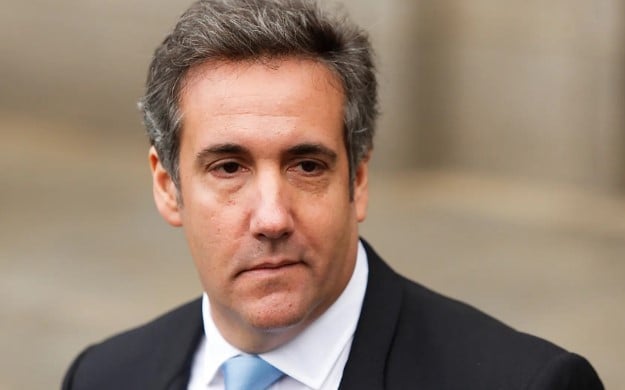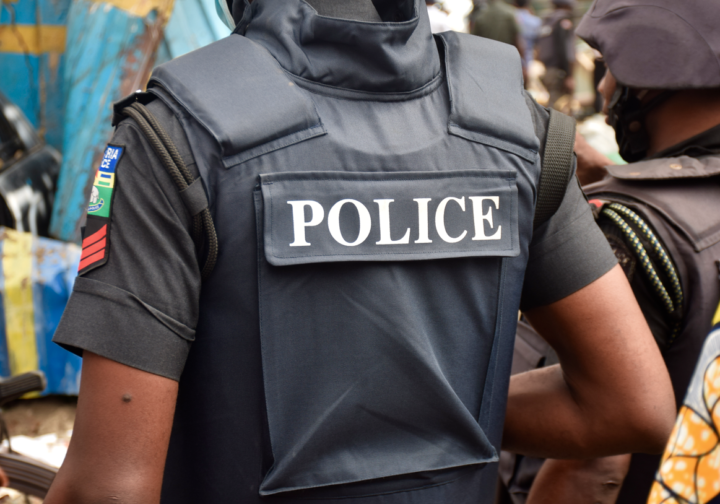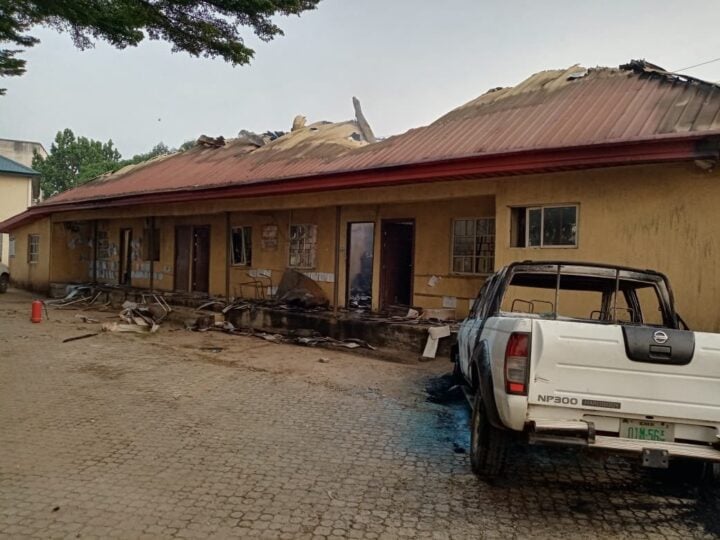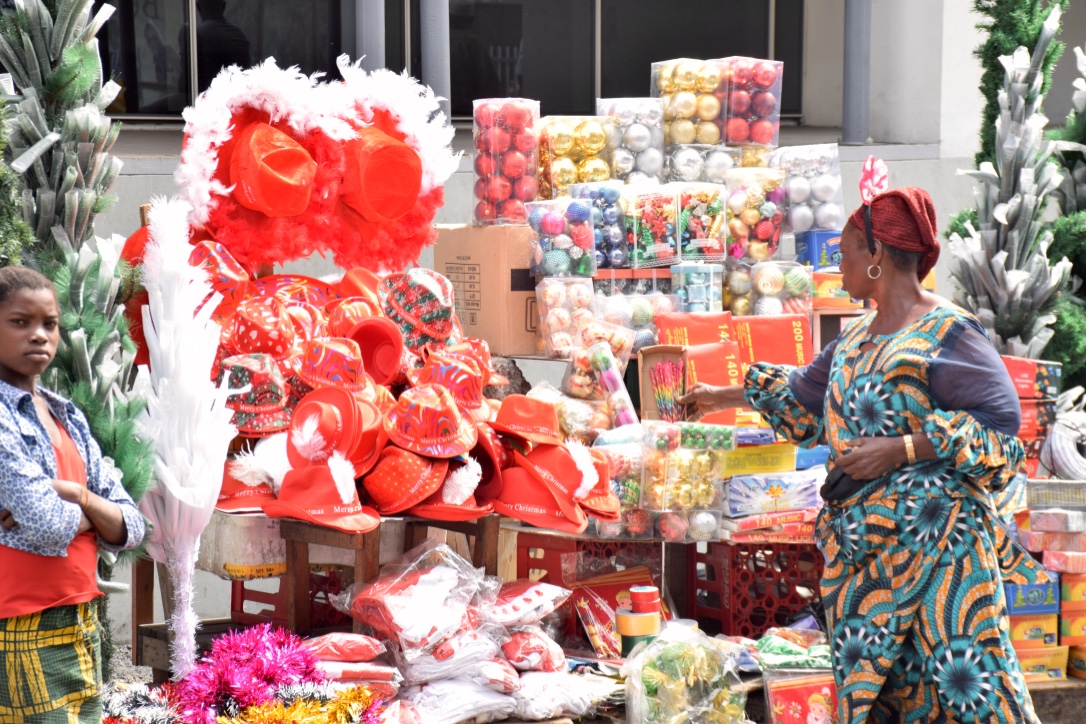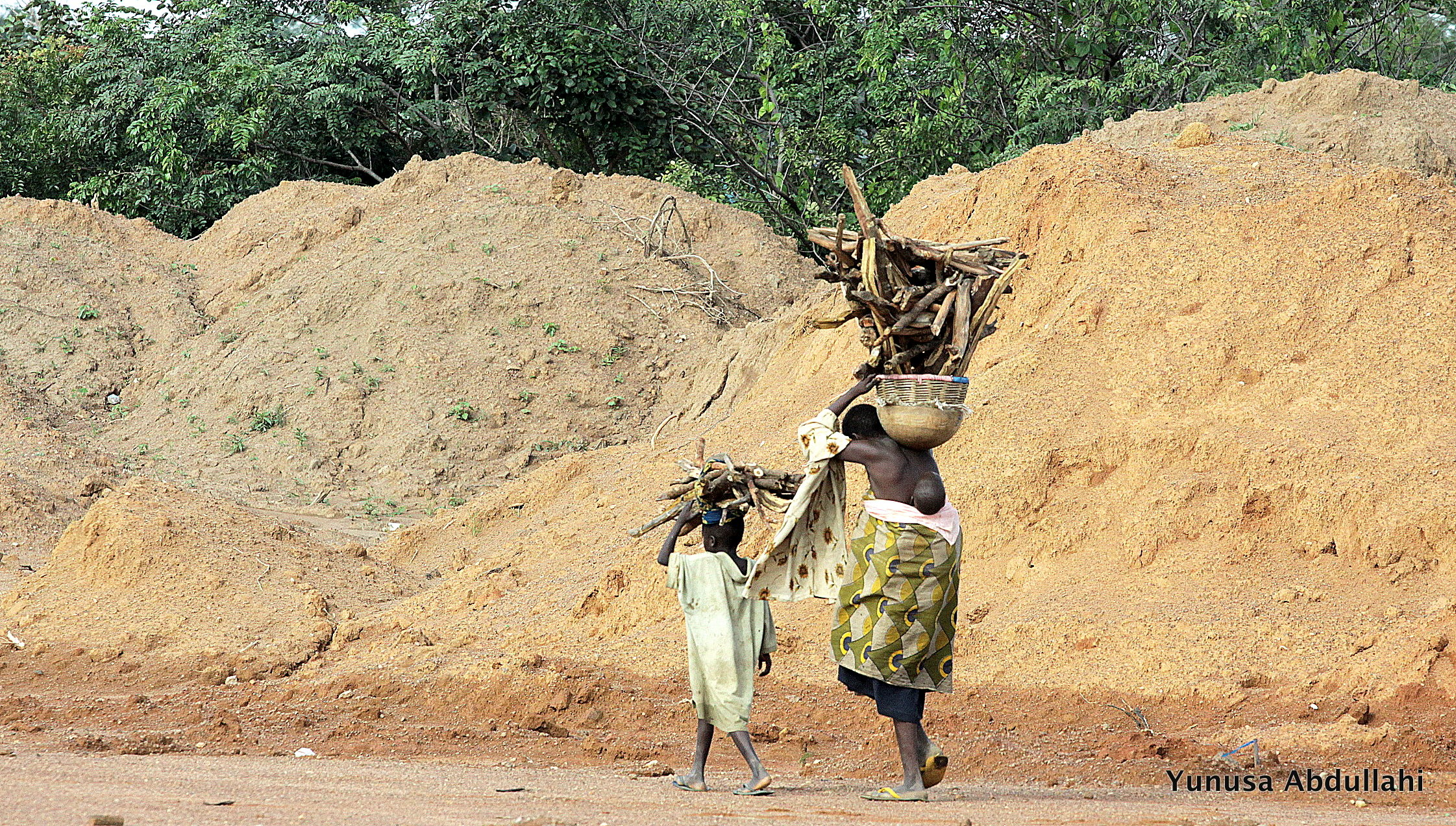Two persons on two separate continents. Yet their life stories are similar in many ways. They could have been said to be of the same family genealogy. They are two of a kind – they have no principles, no dignity and no real love. For power and wealth, they would give up family, friends and country.
Michael Cohen’s book, ‘Disloyal – A Memoir: The True Story Of The Former Personal Attorney To President Donald J. Trump’, and Angelo Agrizzi’s ‘Inside The Belly Of The Beast: The Real Bosasa Story’, both recount how two individuals – Cohen and Agrizzi – sought fame and luxury at all costs by total submission to the contemptuous actions of powerful individuals, namely, Donald J. Trump and Gavin Watson.
Their narratives trace their paths and elevation first to power and riches, and then to destruction and disgrace from which hardly any recovery is possible. They reveal character flaws that beg for deeper analysis.
The authors tell their truths and confess to evil deeds of all types. They explain their awful actions that destroyed people’s lives in the service of their masters. The narrators plead with readers and the public to understand their uncontrollable behaviours, and they seek forgiveness.
Advertisement
In 2006, Cohen was a 39-year-old, successful attorney, street-wise New York deal-maker when he met Trump for the first time. Trump, a real estate mogul and television celebrity, asked the tough-guy lawyer, as Cohen described himself, to scare Trump’s tenants and adversaries at a property.
Cohen was flattered by the invitation, awed at being in the presence of the “big man”, and desperate to prove himself as the no-nonsense, win-at-all-costs character that he knew Trump cherished.
Cohen carried out the assignment successfully and was elated to be praised by Trump. Although Trump told a lie to him at their first meeting, and although the estate mogul did not pay him for the service rendered as he had expected, Cohen was prepared to do more to please the boss.
Advertisement
It was the beginning of a long, complementary union between Cohen and Trump. Their association was dominated by countless demands from Trump to Cohen to mislead people, disregard facts, creatively colour untruths as facts, rob employees and contractors of their payments, pay off prostitutes, prevail on friends to act against their conscience and threaten people to scare them to submission. There is an endless list of well-documented unsavoury and unethical behaviours that Cohen confessed to in the book.
As time went on, Cohen actively massaged Trump’s ego and supported his interest in aspiring to become president of the USA, although neither himself nor Trump thought that it would ever become a reality. No matter what, it would be a worthwhile business venture and ego trip for Trump. Well, to their surprise and shock, Trump became president.
Afterwards, Cohen’s dirty past with Trump was unveiled by the United States Federal Bureau of Investigation (FBI). Cohen’s utility and assets tanked and he became a liability for the president. Very quickly, President Trump dropped Cohen and created barriers between them, much to the surprise of the lawyer who had his schemes to enrich himself enormously from the presidency.
By 2019, Cohen has been investigated, jailed and forced to testify in Congress. The truth was out. The roles he played and actions he took as Trump’s lawyer, confidant, and ally and his fraudulent tax returns had become public.
Advertisement
Cohen had served his purposes for Trump and had become a liability as he knew too much and was speaking out to protect himself (Cohen), his family, and his assets and to reduce his jail time.
Trump indirectly hastened Cohen’s path to prison where he would pose no further problem to the president of the most powerful country in the world.
In South Africa, Angelo Agrizzi, a very capable chef and restauranteur, fell under the spell of Gavin Watson, a well-known anti-apartheid, rich businessman.
Agrizzi joined Watson’s company, Bosasa, and together they built a billion-rand business empire by corrupting government and ruling party officials at the highest level. Watson, Bosasa’s chief executive officer, was a gifted, larger than life cult-figure who paid for political connections to serve his business intentions.
Advertisement
As chief operating officer of Bosasa, Agrizzi was the hand of Watson to feed the financial lust of many senior people in government and influencers of government to win massive contracts. In South Africa, the presidency and top cadres of the ruling Africa National Congress party were named as recipients of Bosasa’s largesse during a major official inquiry, called State Capture.
It was at the Judge Zondo-led State Capture probe by the government that Agrizzi turned against Watson and became a whistle-blower. Agrizzi told the sordid secrets of Bosasa and Watson’s octopus-like reach; deep into the belly of the South African government.
Advertisement
Watson has since died in very unclear circumstances. Agrizzi has been on trial on charges of corruption and may end up in prison. But only if his ill health and hyper-obesity allow him to live long enough through the court process.
In his book, Agrizzi described a world where biblical preaching, prayers, nepotism, selective discriminatory practices, intimidation, threats, brashness and suppression were used to advance the master’s interests. All staff must comply with the CEO’s wishes, and no dissent was tolerated.
Advertisement
He became a trusted and close ally of the master. As the chief operating officer, Agrizzi perpetrated all kinds of unethical activities to please Watson and to make Bosasa a dominant enterprise in their business.
When the bottom fell out of their schemes and the heavy hand of the authorities descended on Bosasa, Watson protected himself in all ways possible, just like Trump did. Watson encouraged Agrizzi to take the fall; promising that he would be well taken care of.
Advertisement
Agrizzi’s work and activities within Bosasa are similar to Cohen’s association with Trump. Agrizzi had joined Bosasa, a growing and powerful business and was impressed with the power, wealth and influence among top government officials. The CEO and himself used the contacts to acquire large government contracts and suppress their competitors, in comparable ways to Trump and Cohen.
In two continents and with no interactions between them, human frailties and insatiable appetite for wealth led these persons on a similar path of self-destruction and as they both stated, their families and friends suffered greatly due to the choices that they made.
Loyalty among unethical people (the boss and his side-kick) has strict limits – it is about ego, self-glorification and accumulation of personal benefits.
Cohen and Agrizzi, despite their pleas in their books for understanding and forgiveness, are broken characters. They are driven by desires to look and feel bigger than who they are. They fulfil their selfish desires by massaging the bigger egos of some leading personalities in a bid to lay claim to worldly achievements.
Character types like Cohen and Agrizzi would do anything to assert that they have arrived at the top even when all they have is the wink of their bosses. They serve knowingly as willing tools.
The acquisition of money and wealth deludes them to feel that they are not only part of history but are making history because the bosses’ attention shadows fall on them and influence how strongly they are perceived by others. They mistake the aura of power for a warm embrace by society.
In so many instances in history, the small personalities that are cloaked temporarily in big garments have served as willing pawns.
The underlying criminal instincts of the Cohens and Agrizzis in various societies manifest in the ease with which they perform evil deeds, oftentimes beyond the original intentions of their wicked bosses.
And when their bosses trip and fall, or the willing tools themselves fall out of favour, they try to atone for their narcissism in minimalist ways – by confessing their sins and seeking re-acceptance.
Little would they think and remember that they have perpetrated suffering and damaged families and communities. Penance is good but it may not whitewash the past.
Bunmi Makinwa is the CEO of AUNIQUEI Communication for Leadership
Views expressed by contributors are strictly personal and not of TheCable.
Add a comment

